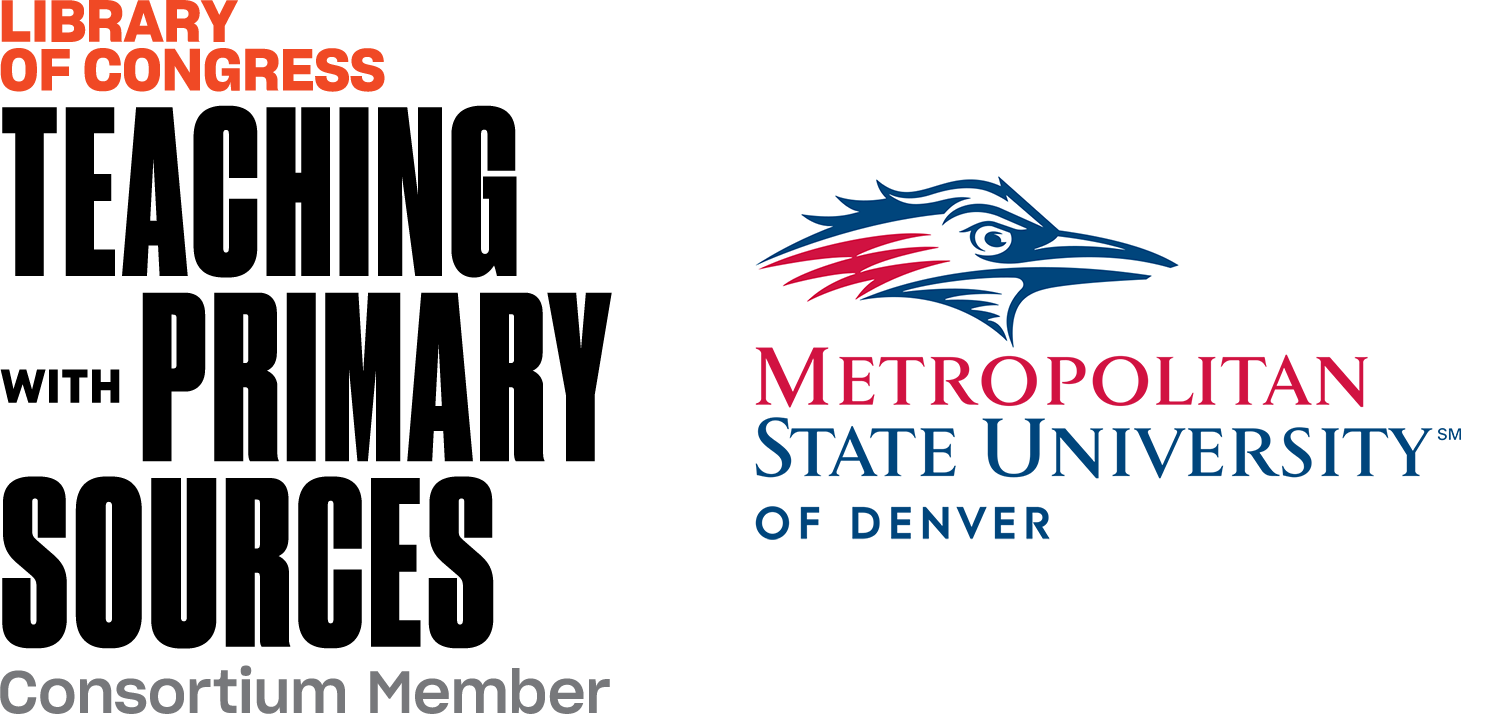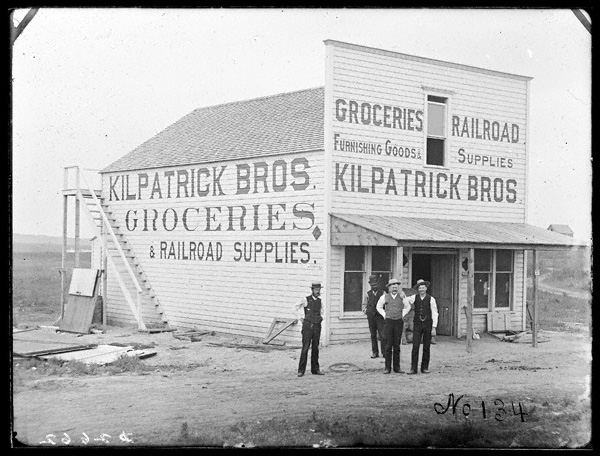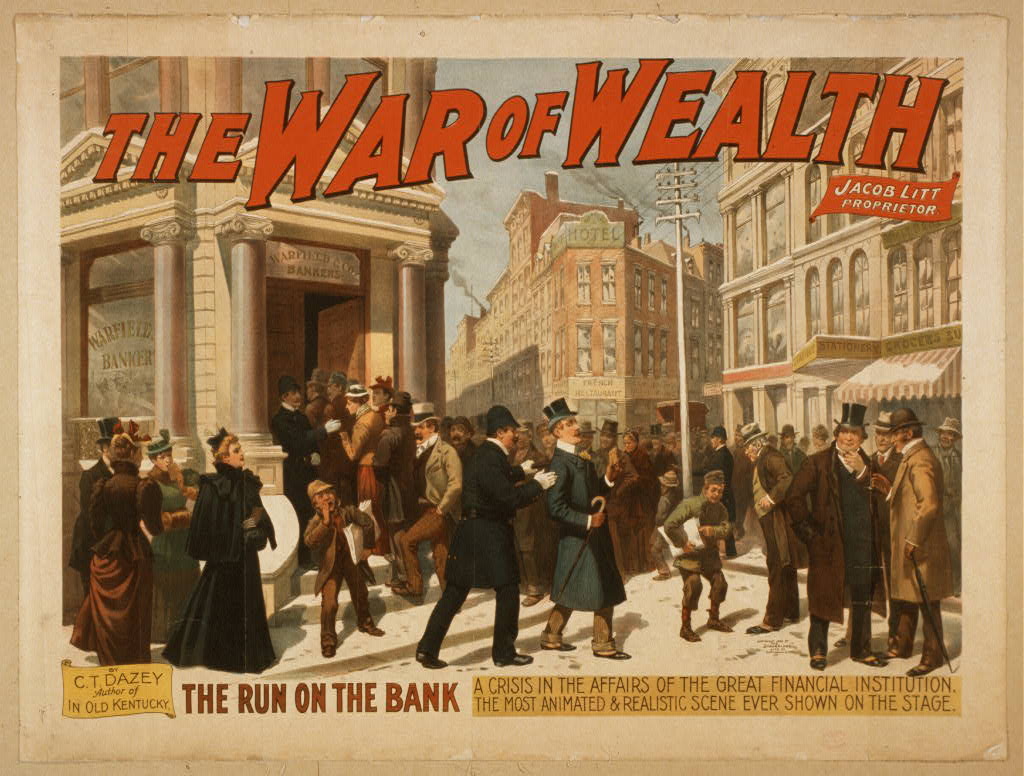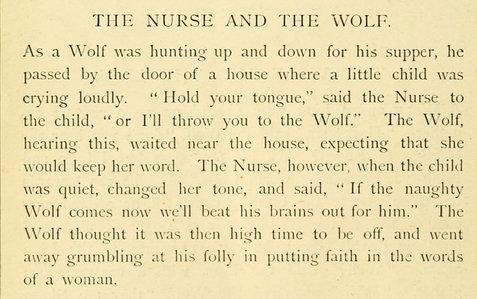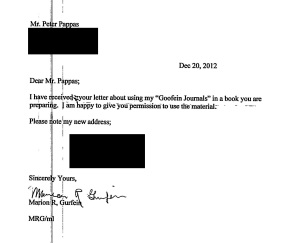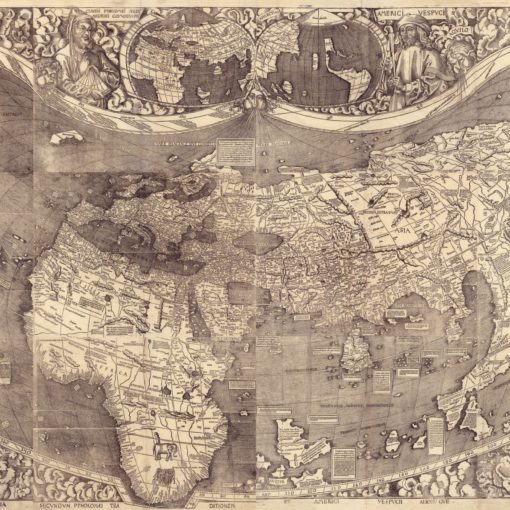Thanks to a recent grant from TPS Western Region, over 100 Library of Congress field recordings of folk songs from the western United States have been added to Holy Names University’s online American Folk Song Collection (AFSC) at the Kodály Center. This online resource provides free access to over 600 traditional folk songs from primary sources, including field recordings with transcriptions (music and text), background information, and a database allowing users to search for songs by any combination of musical and general categories. Originally created for music teachers, the website now serves thousands of classroom teachers, conductors, composers and parents wishing to acquaint students with the rich historical and musical treasures of American folk song.
Ten of the recently added songs were collected by Charles L. Todd and Robert Sonkin in the Farm Security Administration (FSA) migrant work camps in central California in 1940-41, and are part of the Library of Congress’s Voices from the Dust Bowl Collection. Recordings selected from this collection of over 360 songs will bring the people from this time and place to life, and help students understand both the issues faced by people displaced by the Great Depression and Dust Bowl and the culture they created together in this new land.
Inspired by the Kodály approach, which places folk song at the heart of the music curriculum, folk song experts Gail Needleman and Anne Laskey spent a week in May 2019 researching folk songs in the Library of Congress’s American Folklife Center. Each day, they listened to hundreds of field recordings from collections from throughout the Western states that aren’t available online, collected by R. W. Gordon, John A. and Alan Lomax, Wayland Hand, Duncan Emrich, Bruce Jackson, Willard Rhodes, Arthur L. Campa and others. They discovered many rare and wonderful songs during this week, many of which were completely unknown. These songs are now available on Holy Names University’s AFSC site.
“Way Out in Idaho”
“Way Out in Idaho,” by Blaine Stubblefield, is part of the Alan Lomax recordings at the Library of Congress as well as at the Kodály Center. This song is a story about a man who finds work building narrow-gauge railroad in and around Denver, Colorado and Cheyenne, Wyoming. Though the recording was performed in 1938, the song has presumably been circling around the railroad folk life since shortly after the Civil War.
Kilpatrick, for example, who is mentioned in the song, is probably a reference to the Kilpatrick Brothers who were professionally involved with “freighting along the nearby Oregon Trail,” and in 1867 got involved with constructing railroad track with the Union Pacific Railroad. Also mentioned in the text, “man-hunter”, is a reference to people that were sent out in advance of a construction job to employ men to build the railroad.

See here for more information on the Kilpatrick brothers.
In a note at the bottom of the Kodály Center’s song sheet, Stubblefield mentions:
And the way [Kilpatricks] trapped them into it, they needed five dollars right now, so he paid them the advance if they would get on the train within a certain time, and some of them did.
In 1889, the Kilpatrick Bros and Collins founded a company-owned mining town in Wyoming, called Cambria, which is now a ghost town. Due to lack of regulation and the massive need for mining in the West, the Kilpatrick Bros and Collins were able to amass a large fortune. One of the requirements to work full time in the mines was to buy a homestead adjacent to the mine. A stipulation of the requirement, however, was that the owner had to sell the property and mineral rights to the Cambria Fuel Company, founded and owned by the Kilpatrick Bros and Collins. See here for more information on the Kilpatrick brothers.








Vagrant workers and “bummers”, which was a term used to describe railroad-riding vagrants, were of no shortage in the West. Also quoted at the bottom of the Kodály Center’s song sheet, Rosalie Sorrels mentions:
After the discovery period in the West came the steady settling period. There were grabbers, adventurers, railroad boomers, and horse skinners—and there were those who were in for the long haul. A lot of people came to take what they could and stayed because they couldn’t get out. But many came to stay in the first place. They built railroads, staked claims, and set up camps… Unfortunately, only a handful of the songs of the railroad builders have come down to us, but one of the best of these is this ballad of the narrow gauge railroad construction workers in Idaho.
The Kodály Center’s collections offer a truly unique window into the culture of our nation’s citizens during Westward Expansion. From children’s songs and games to working for beans on the railroad, Holy Names University’s online American Folk Song Collection (AFSC) is a valuable resource for music and social studies teachers alike.
Kilpatrick store: http://memory.loc.gov/cgi-bin/query/h?ammem/psbib:@field(DOCID+@lit(p13458))
